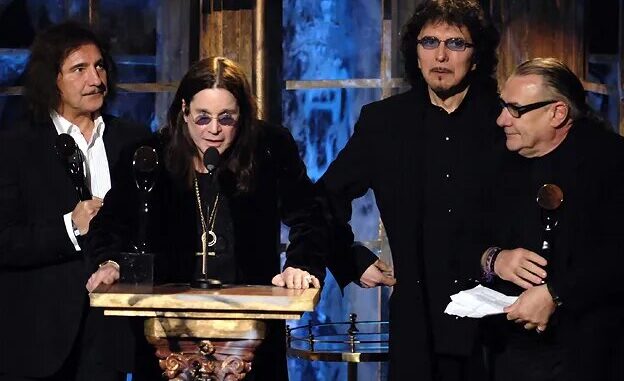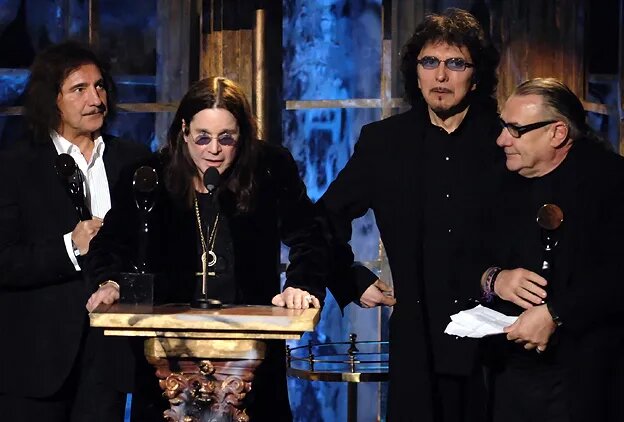
Are The Tony Martin Black Sabbath Albums Actually That Bad, Though?
The late 1980s saw Black Sabbath in a precarious position following the brisk turnover rate of vocalists and their rapidly dwindling commercial success. Following on from the bizarre Seventh Star—possibly the bands most forgotten album, most notable for its rather comical “Black Sabbath featuring Tony Iommi” moniker—it was clear that the band needed to take some measure of stability and identity back.
Enter Tony Martin, a fellow Brummie brought on to redo the vocals of Ian Gillan on The Eternal Idol, ultimately becoming their longest tenured vocalist after Ozzy. Martin is an interesting figure, as he enters without the pedigree of Rainbow‘s Ronnie James Dio or Deep Purple‘s Ian Gillan, and despite being the voice of arguably the most iconic metal band of all time for the best part of a decade, he’s rarely brought up when discussing Black Sabbath.
But perhaps that isn’t surprising. If we’re speaking generously, the average Black Sabbath fan probably isn’t listening past Born Again, though realistically they probably aren’t even listening past Heaven And Hell. So the Martin years suffer in retrospect; their reputation is mostly defined by then-contemporary reviews and the grumbling of long-time fans. It’s a familiar feedback loop for a lot of bands: not many people listen to the album on release, its negative coverage and reputation becomes canonical, and so the album is continuously ignored while the aura of negativity surrounding it only increases. For many bands, this describes a single album, but for Black Sabbath this described over 10 years.
Despite my love for their best records—you’d have to go to the ends of the earth to find a better run of albums from their debut to Sabotage—I don’t have blind reverence for Black Sabbath as a band. I’m not much a fan of the Dio years (much preferring his work in Rainbow and his post-Sabbath records) or Ian Gillan’s contributions. I think Technical Ecstasy is genuinely very bad and Thirteen falls flat for me. So while it’s undeniable that the era certainly represents the commercial nadir of the band, I totally approached the Martin years with an open mind.

Leave a Reply